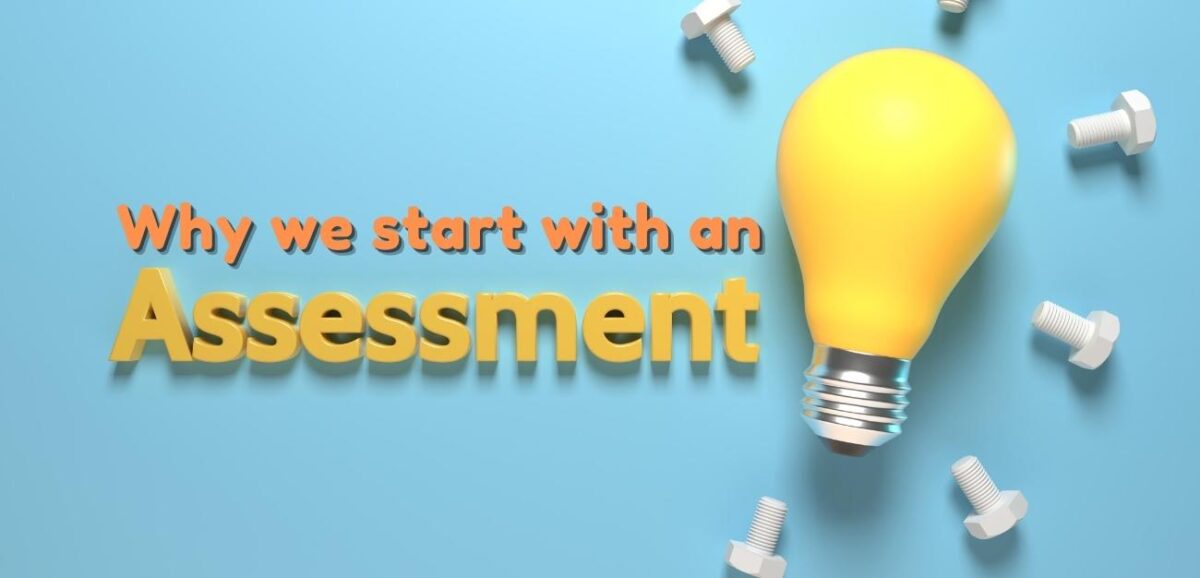*Note: Dropkick Math is no longer offering tutoring services. It is absolutely understandable as a parent that you might wonder why our math help services start with a comprehensive, detailed assessment. Your child’s journey towards better comprehension in mathematics should always start with a clear understanding of where they are at present and where they want to go. […]
Why We Start With An Assessment











